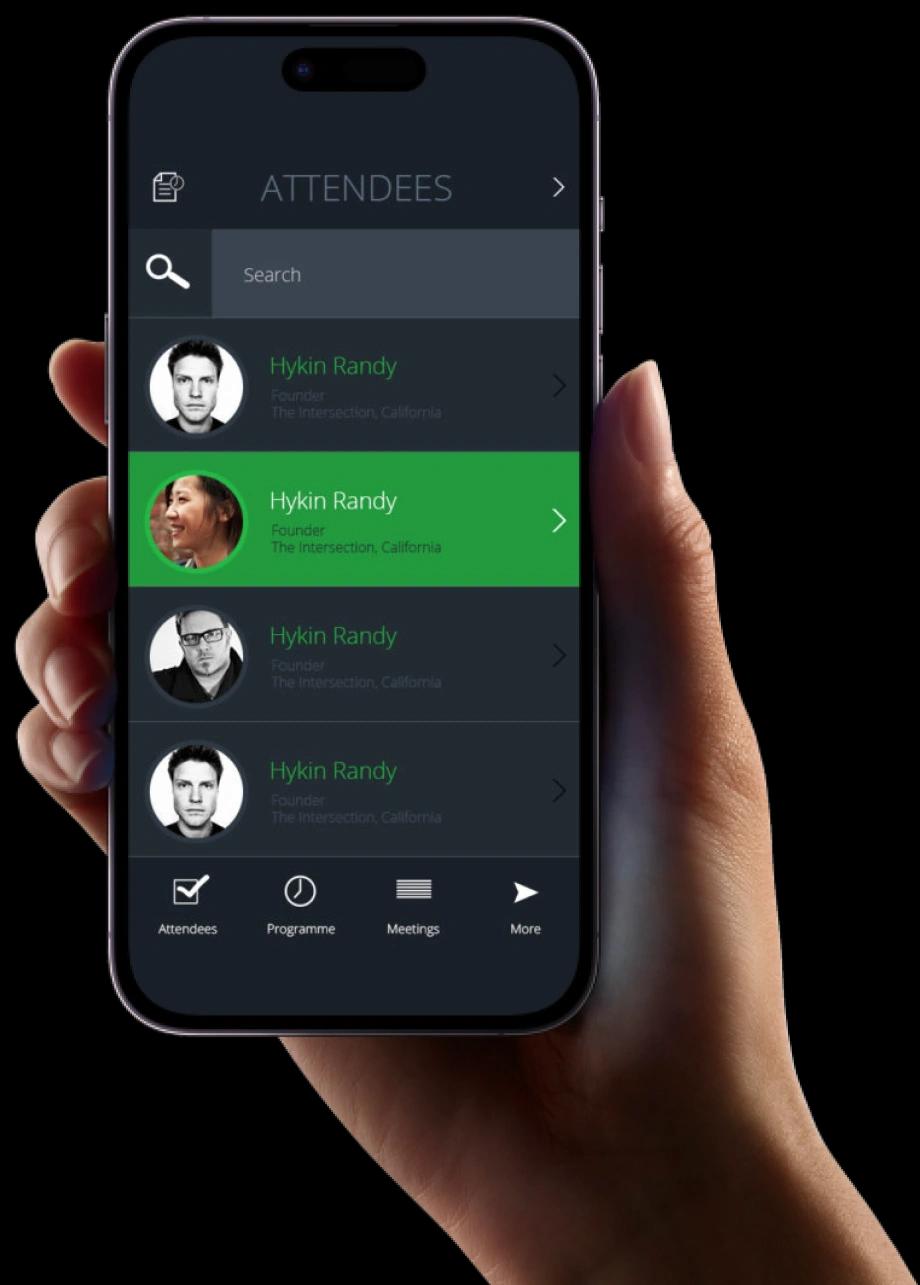Exaud Blog
Blog

Human-Computer Interaction: What Is It, Why Does It Matter & Best Practices
Human-Computer Interaction: learn why this field of science can perfectly combine design, computer technology and human interaction. Posted onby ExaudGet introduced to Human-Computer Interaction and learn why this field of science can perfectly combine design, computer technology and human interaction providing a great experience to every user when well executed.
What is it?
Human-Computer Interaction (HCI) is a field of science that studies the
design and use of computer technology.
HCI focus on interfaces between people and computers and how to design,
evaluate, and implement interactive computer systems that satisfy the
user.
Why does it matter?
Humans interact with computers in many different ways which means that
having a good interface that facilitates that interaction is crucial for our
day-to-day activities.
Poorly designed human-machine interfaces can lead to many unexpected
problems. A classic example is the nuclear meltdown accident at the Three
Mile Island, where investigations concluded that the design of the
human-machine interface was partly responsible for the disaster.
How to design better human-friendly interfaces?
At the start of the design project, our attention has to be set on the
users and the tasks they will be performing and who those users will be.
Does the user require some kind of expertise in some area? How often that
specific task will be performed? Does the interface use non-standard layouts
and/or icons? These are the sort of questions we need to answer before
implementing the interface itself. After that work is done and we know what we want to accomplish with our
interface, we can start implementing a prototype of the interface and test
it with real users as soon as possible. We should never start the
implementation before testing with real users since they will the ones using
the interface and we don’t want to spend time designing and implementing an
interface with no practical use.
Testing with the users will allow us to understand what is working and
modify what is not in the prototype.
After we achieve what we think is a good result with the prototype, we can
finally start implementing the interface. It’s important to note that we
should keep using the same interactive design model where we implement,
test, and if needed, modify the interface.
Some best practices
Make elements in your interface legible: If the characters or objects being displayed cannot be perceptible, they cannot be used effectively.
Redundancy is important: If a signal is presented more than once, it is more likely that it will be understood correctly. Redundancy does not imply repetition. A traffic light is a good example of redundancy, as color and position are redundant.
Similarity confuses: Use distinguishable elements. Signals that appear to be similar will likely be confused. Unnecessarily similar features should be removed and dissimilar features should be highlighted.
Use multiple resources: A user can more easily process information across different resources. For example, visual and auditory information can be presented simultaneously rather than presenting all visual or all auditory information.
Replace memory with visual information: A user should not need to retain important information solely in working memory or retrieve it from long-term memory. A menu, checklist, or another display can aid the user by easing the use of their memory.
Don’t reinvent the wheel: Old habits from other interfaces will easily transfer to support the processing of new ones if they are designed consistently. A design must accept this fact and use the standards already used in similar interfaces.
We hope this introduction to HCI was helpful and would love to know your thoughts on it. Send us an email to hello@exaud.com if you want to share your ideas and best practices with us as well!
Follow us on social media (LinkedIn, Facebook and Twitter) and check our blog for more posts like this one!

As seen featured in Top iOS App Development Companies.
Related Posts
Subscribe for Authentic Insights & Updates
We're not here to fill your inbox with generic tech news. Our newsletter delivers genuine insights from our team, along with the latest company updates.